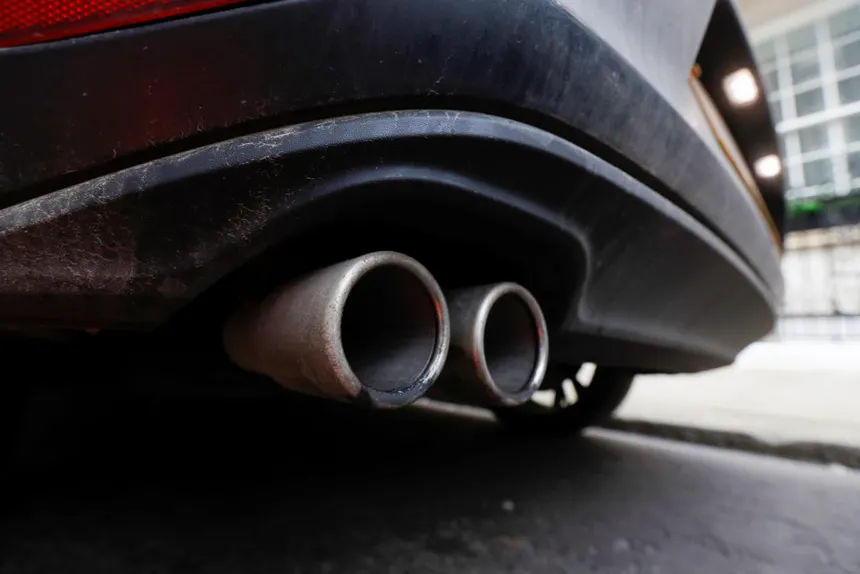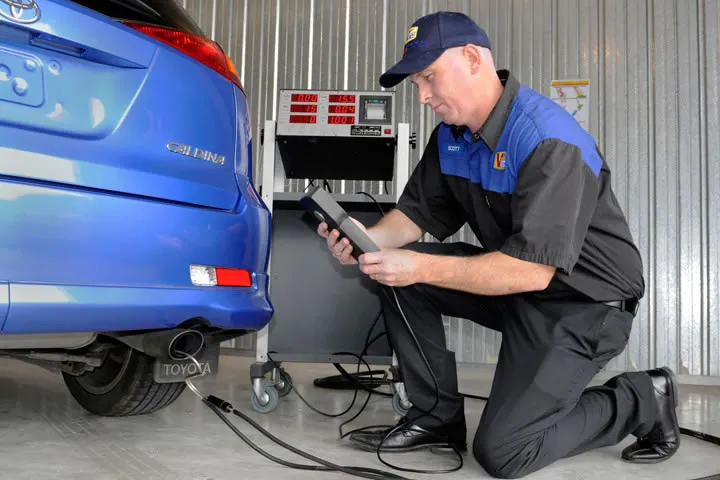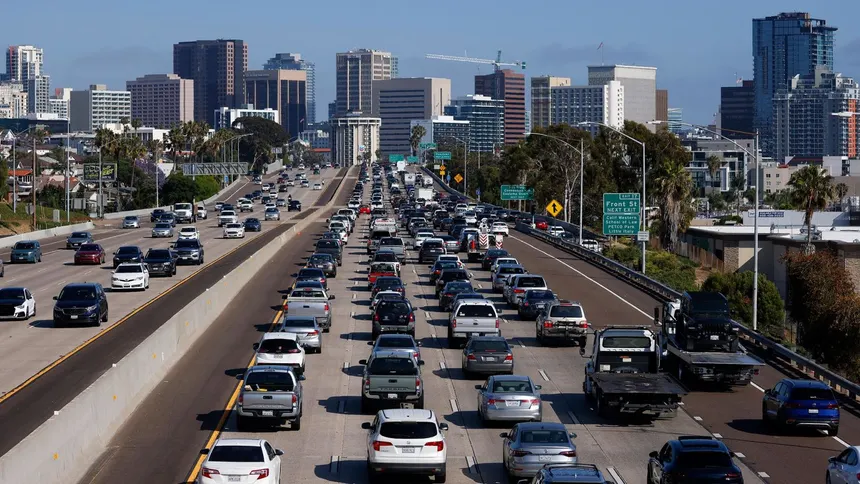A Major Court Battle Over Emissions Rules
California is facing a major legal challenge over its strict tailpipe emissions standards. The state’s long-standing authority to set tougher pollution rules than the federal government is now being contested in court. This legal battle could have significant consequences for the future of clean air regulations, climate policies, and the auto industry.
Background: California’s Special Emissions Authority
California has been a leader in environmental policies for decades, setting stricter car pollution standards than the federal government. This authority comes from the Clean Air Act, which grants the state a special waiver to implement its own rules. Many other states follow lead, making its regulations highly influential across the country.

- Why Does California Have Special Power?
- The Clean Air Act of 1970 granted the right to set its own vehicle emission standards.
- The state’s severe air pollution problems, particularly in cities like Los Angeles, led to tougher regulations.
- Other states can choose to follow standards or adhere to federal regulations.

The Legal Challenge: Who is Fighting Against California’s Rules?
The lawsuit against California’s emissions standards has been filed by multiple parties, including:
- Automakers and Industry Groups: Some car manufacturers argue that different state regulations create challenges in production and increase costs.
- Republican-Led States: Several conservative states claim that California’s special authority is unfair and gives it too much power over national policies.
- The Federal Government (Depending on the Administration): Under former President Trump, the government revoked California’s waiver, but the Biden administration reinstated it. This back-and-forth fuels legal disputes.
Key Arguments: Supporters vs. Opponents
Arguments Against California’s Emissions Rules:
- Unequal Power: Critics argue that one state should not have the ability to set national policies.
- Higher Vehicle Costs: Automakers claim that tougher standards force them to produce more expensive cars.
- Confusion for Car Makers: Having different emission rules across states creates complexity in production and supply chains.
Arguments Supporting California’s Authority:
- Climate Crisis and Pollution Control: strict rules help reduce greenhouse gases and fight climate change.
- Health Benefits: Lower emissions mean cleaner air, reducing respiratory diseases and improving public health.
- Innovation in the Auto Industry: Tougher regulations push carmakers to invest in cleaner technology, leading to long-term benefits.

What’s at Stake? Impact on the Auto Industry and Environment
The court’s decision on California’s emissions standards will have widespread consequences:
- For the Auto Industry:
- If loses, car manufacturers may have a single, weaker national standard.
- If wins, more automakers may be forced to produce cleaner vehicles nationwide.
- For Consumers:
- Stricter rules could mean more electric and hybrid vehicles on the market.
- Higher production costs might lead to increased car prices.
- For the Environment:
- If retains its authority, greenhouse gas emissions could continue to drop.
- If emissions rules are weakened, pollution levels may rise, worsening climate change.
What Happens Next? Possible Outcomes of the Court Case
- California Wins: The court upholds the state’s right to set its own emissions standards, reinforcing its leadership in clean air policies.
- California Loses: The waiver is revoked, and the federal government takes full control of vehicle emissions regulations.
- A Compromise: The court might allow California to set stricter rules but limit its power in certain ways.
Conclusion: A Pivotal Moment for Climate Policy
This legal battle over California’s emissions standards is more than just a state issue—it could shape America’s climate policies and auto industry for years to come. The decision could impact federal regulations, influence other states’ policies, and determine how quickly the nation transitions to cleaner vehicles. With so much at stake, the outcome will be closely watched by environmentalists, car manufacturers, lawmakers, and consumers who are concerned about air quality, fuel efficiency, and the future of electric vehicles.
Do Follow USA Glory For More Updates.





